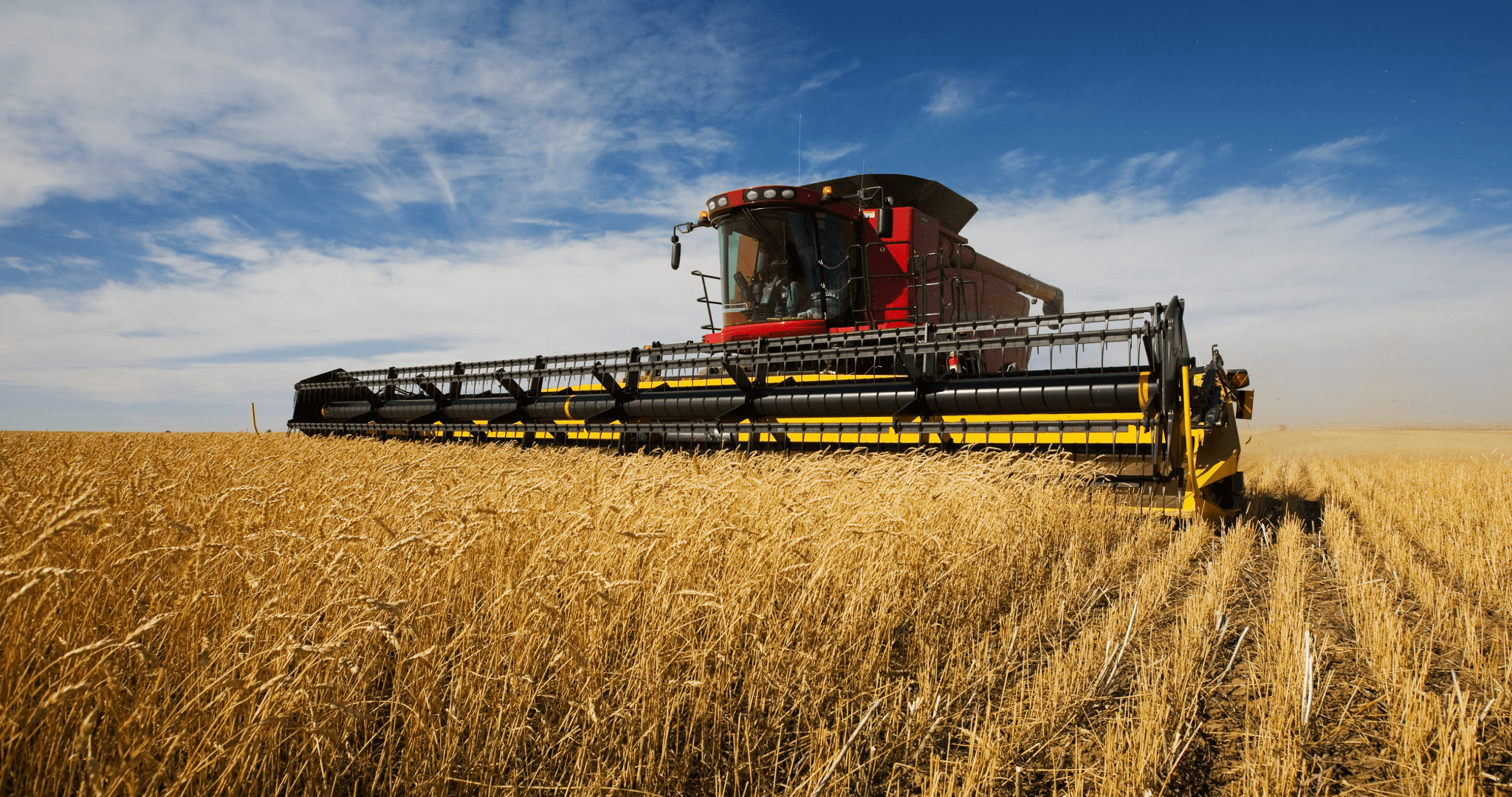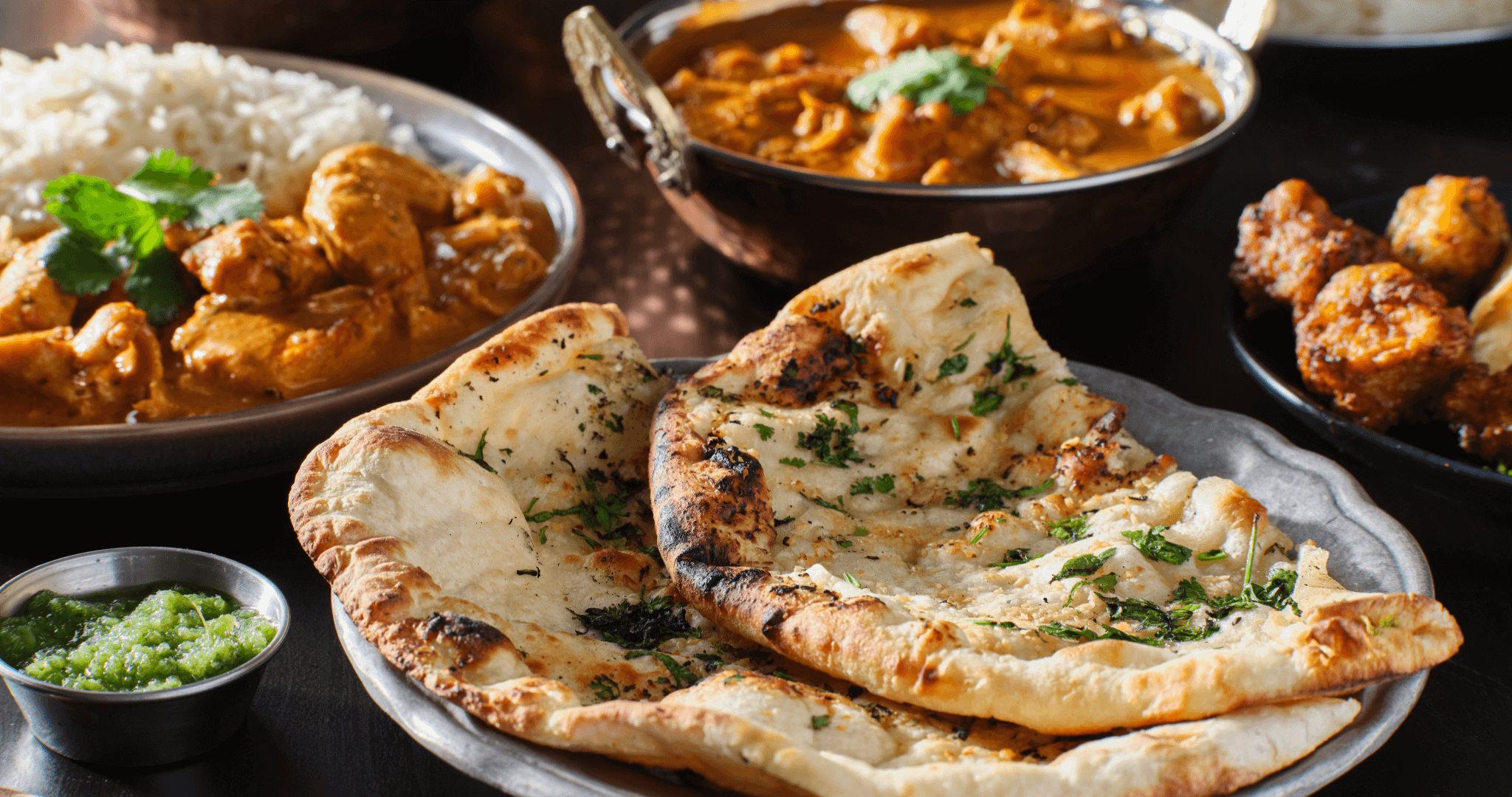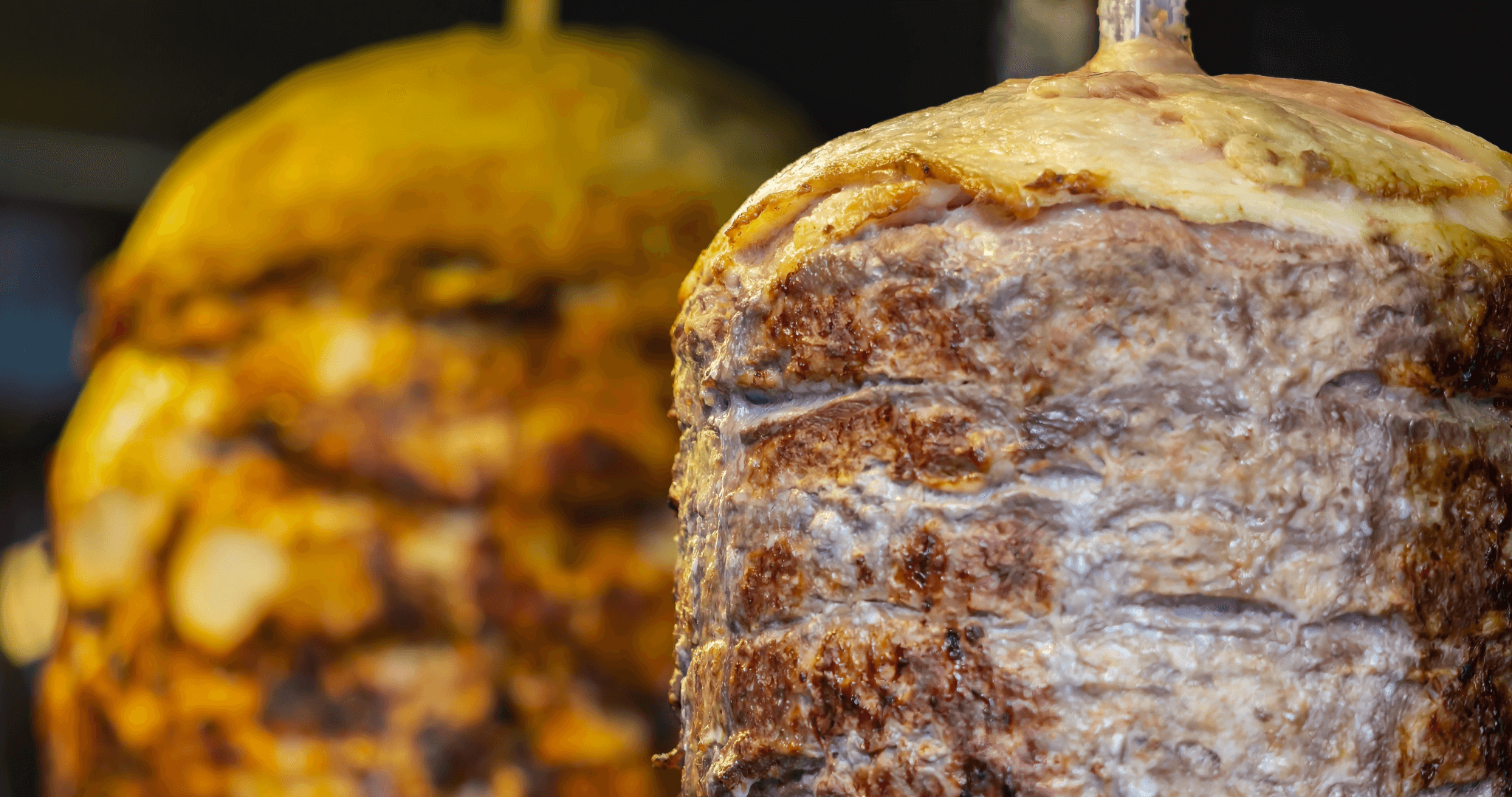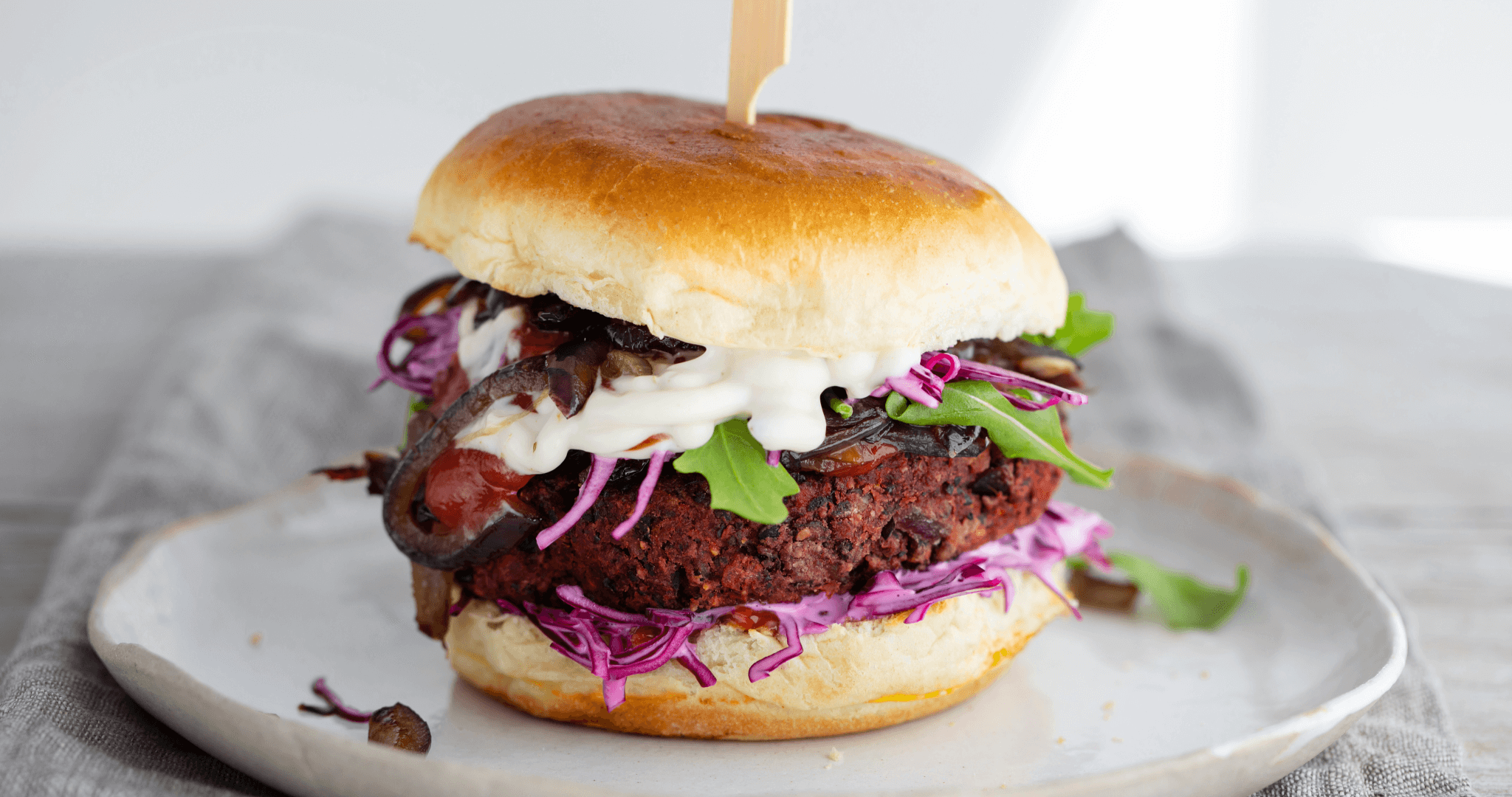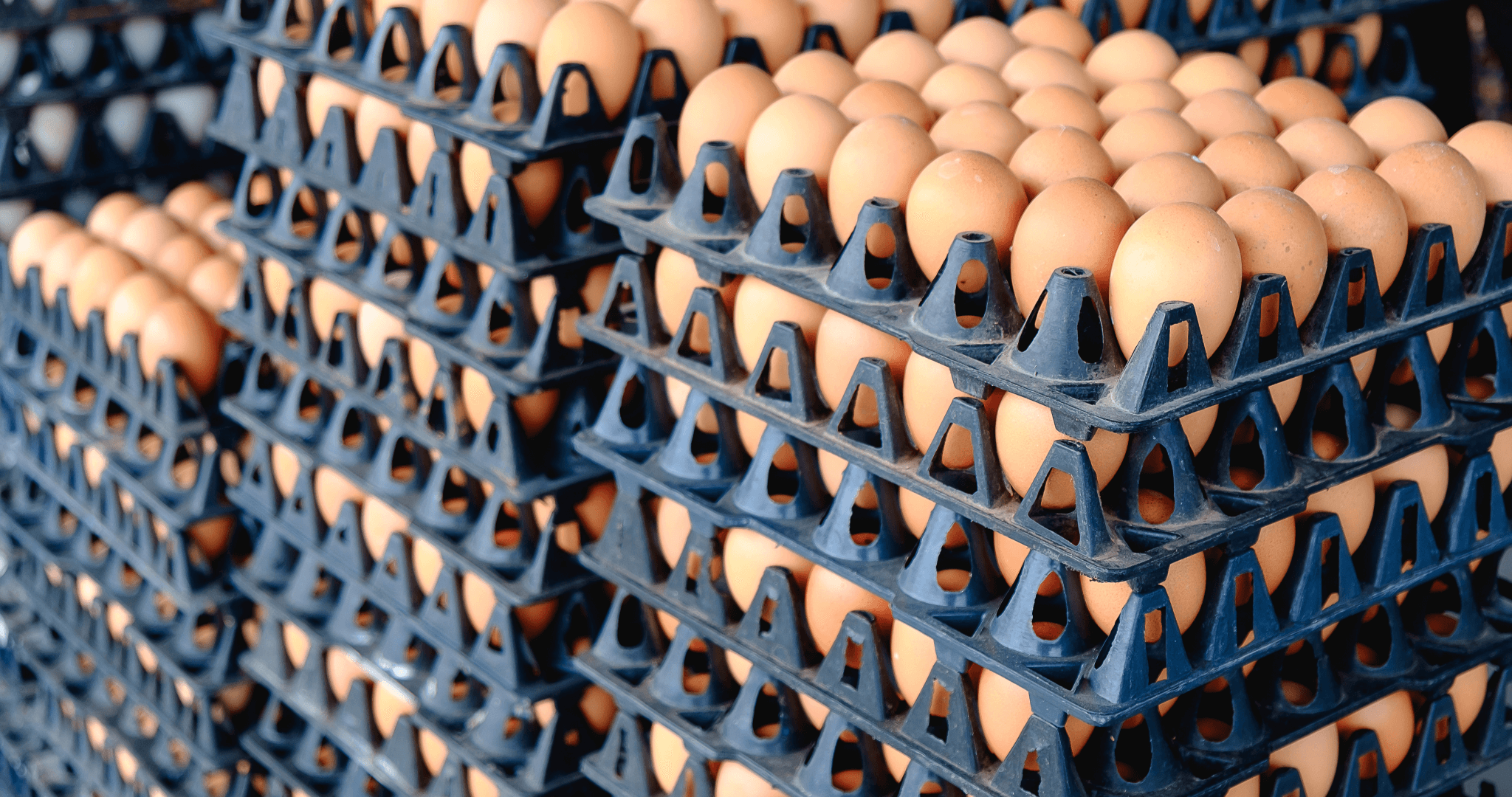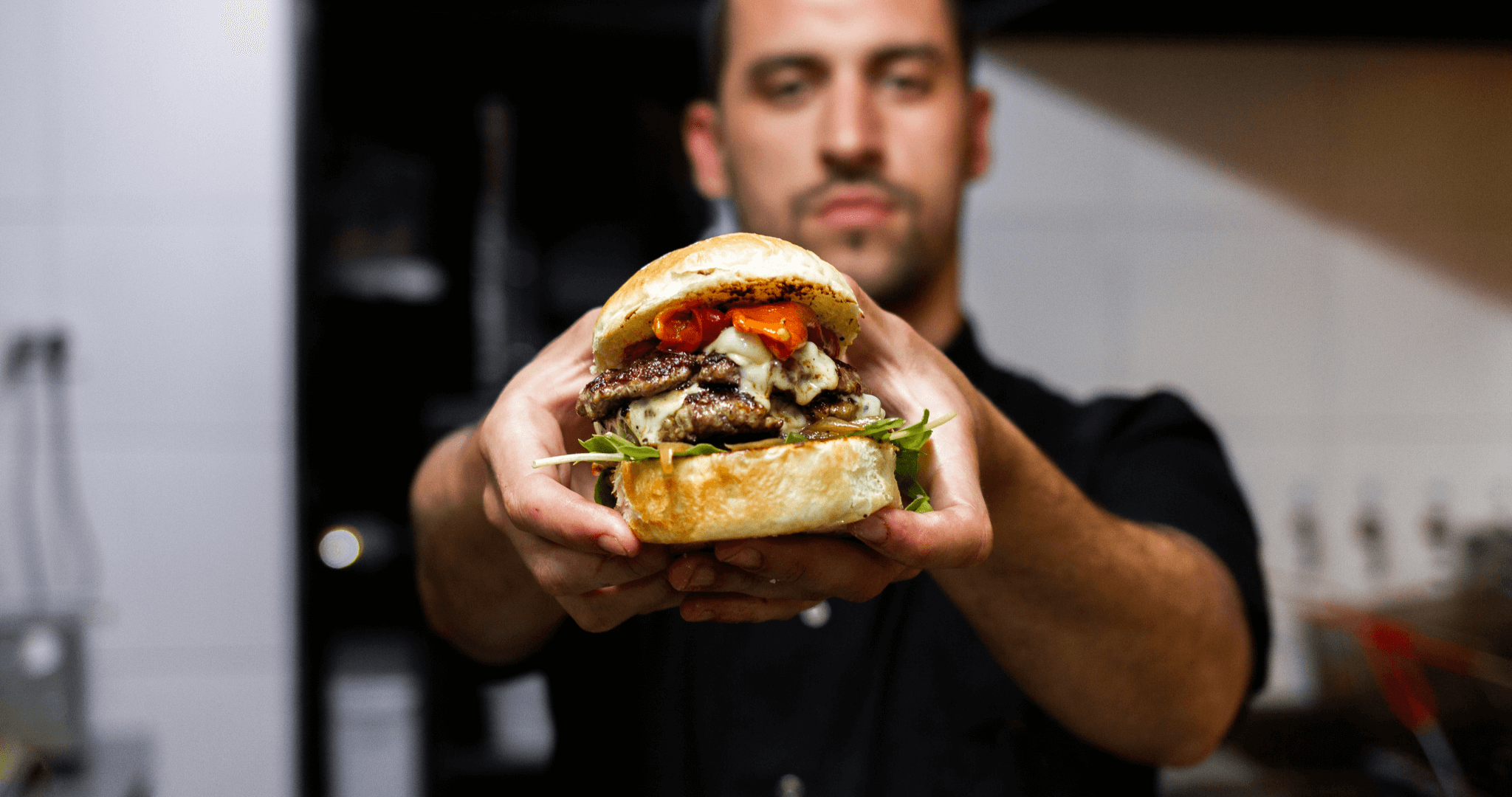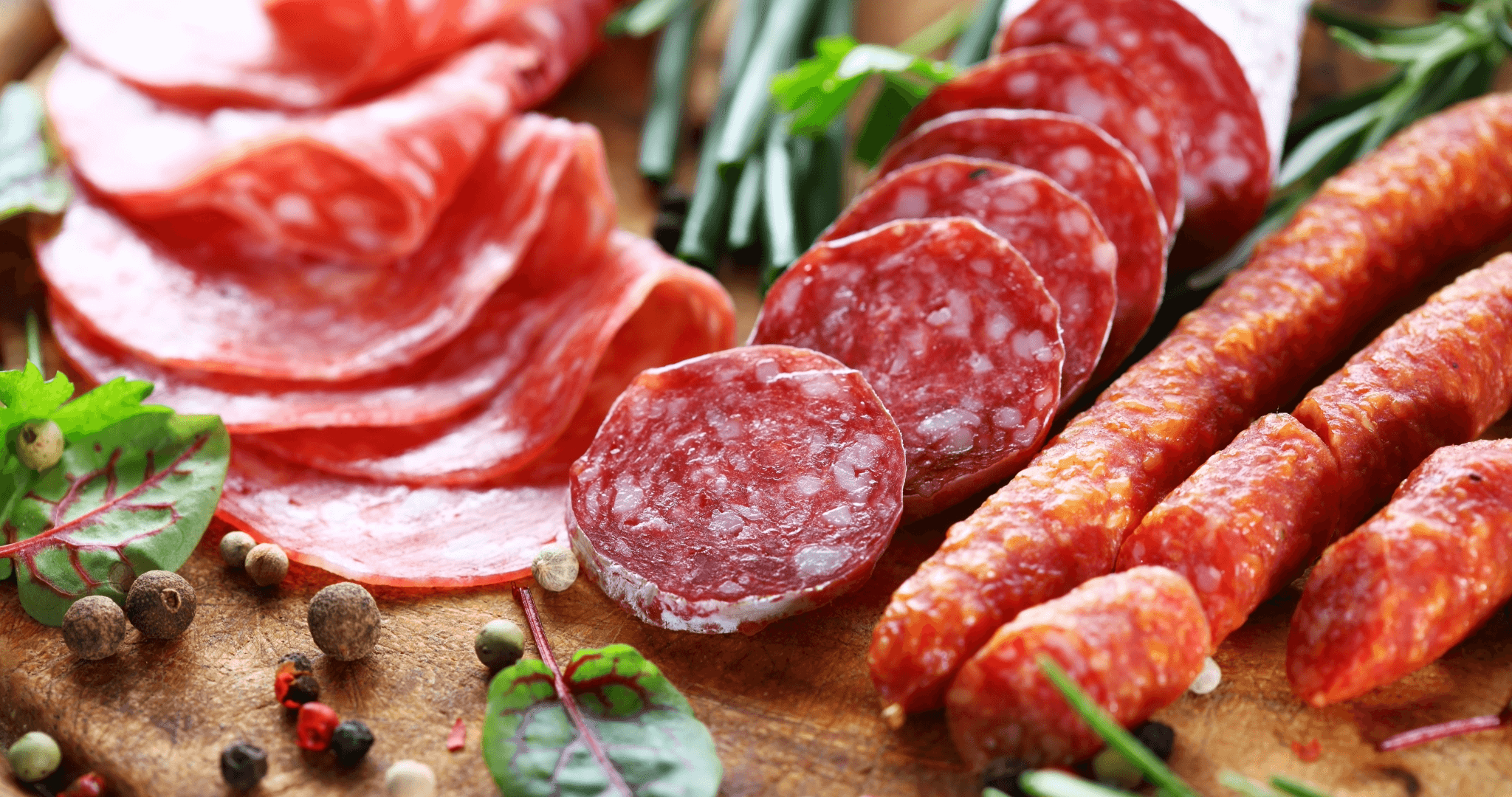This Week in Hospitality: Key Media Stories on the UK Hospitality Industry - Week 4
Posted by Emily on 2nd Feb 2024 Reading Time:
Welcome to our weekly round-up, where we delve into the mainstream media's hospitality industry coverage. This article is crafted to inform you about the latest news, trends, and developments in the sector. We've handpicked articles from reputable sources that shed light on the dynamic and evolving world of hospitality. Our selection criteria focus on each story's significance, relevance, and impact, ensuring a comprehensive understanding of the industry's current state.
Global wheat production to fall by 13% due to fungal disease wheat blast
02 Feb 2024, Farming UK
Researchers warn that the fungal disease wheat blast could reduce global wheat production by 13% by 2050, posing a serious threat to food security. First identified in 1985 in Brazil, the disease has spread to South America, Africa, and Asia, affecting humid regions most severely. Climate change is exacerbating the spread of plant diseases like wheat blast, making it more challenging to sustain wheat, an essential global food crop. The study, led by the Technical University of Munich (TUM), suggests that regions in South America, southern Africa, and Asia are at the highest risk, with the potential for the disease to spread to previously unaffected countries. Researchers stress the importance of developing resistant wheat varieties and potentially switching to more robust crops to mitigate future yield losses. Read the Full Story.
Hospitality sector warns over hit of up to £350m from latest rail strikes
01 Feb 2024, Jamel Smith, The Standard
The Night Time Industries Association (NITA) and UKHospitality express deep concern over the impact of recent rail strikes organised by Aslef, forecasting a financial hit of up to £350 million to the hospitality sector. Strikes have led to significant revenue losses, exacerbating the financial strain from inflation and increasing the number of hospitality businesses entering administration. The rail strikes have particularly affected London, with multiple commuter routes disrupted. Industry leaders urge the government to take decisive action to address the crisis, highlighting the broader economic and social consequences of continued industrial action on the hospitality industry. Read the Full Story.
UK hospitality is fighting for survival. What does that mean for our kebabs, curries and chips?
02 Feb 2024, Greg Barradale, The Big Issue
The UK hospitality sector, already battered by the cost of living crisis, Brexit, and the aftermath of Covid-19, faces existential challenges as it grapples with soaring costs and dwindling support. Notable closures include Simon Rimmer's Greens, Phil Vickery's The Merryfellow, and other acclaimed establishments. Despite the struggle, the industry remains determined, with businesses like Skewd and Urban Tandoor adapting through innovation and community support. However, the sector calls for government action to mitigate the burdens of rising costs and visa restrictions, emphasising the critical role of hospitality in the cultural and economic fabric of the UK. Read the Full Story.
Doner kebabs head for €10 as vendors struggle to make ends meat
01 Feb 2024, Oliver Moody, The Times
Germany's beloved doner kebab faces a price hike, with costs potentially reaching €10 due to rising ingredient prices and minimum wage increases. The price of doner kebabs, a staple in German fast food, has surged as costs for veal, beef, lamb, bread, and tomatoes have risen significantly. This increase reflects broader economic pressures, including the impact of the Israel-Hamas war and consumer boycotts of global brands. The situation has sparked debate in the Bundestag, highlighting the broader implications of living costs and the cultural significance of the doner kebab in Germany. Read the Full Story.
Kebab for breakfast and after the gym: rebirth of the humble doner
28 Jan 2024, Katie Gatens, The Times
German Doner Kebab (GDK) is revolutionising the fast-food scene by offering healthier, diverse doner kebab options, targeting a broad demographic, including city workers and health-conscious consumers. Expanding rapidly across the UK and internationally, GDK distinguishes itself with innovative offerings such as breakfast doners and salad boxes, appealing to a wider audience beyond the traditional late-night snack seekers. This strategy challenges stereotypes associated with doner kebabs. It signals a potential shift in fast-food consumption patterns, aligning with evolving dietary preferences and lifestyle choices. Read the Full Story.
Vegan' fanatics' blitz cafe with bad reviews in response to meat plan
01 Feb 2024, Helen Pridd, The Guardian
Nomas Gastrobar in Macclesfield faces backlash from vegan activists after announcing plans to introduce meat and dairy options. Owner Adonis Norouznia's decision, aimed at avoiding closure due to a limited customer base, sparked a flood of negative online reviews and hate messages, highlighting the intense debate surrounding dietary choices and business survival. This incident reflects the broader challenges facing plant-based eateries as they navigate market demands and the complexities of catering to diverse consumer preferences. Read the Full Story.
Tesco cuts ties with food waste processor after row hits progress on environment
01 Feb 2024, Sarah Butler, The Guardian
Tesco announced a significant setback in its food waste reduction efforts upon discovering that a large volume of its food waste, intended for animal feed, was instead used for energy generation. This revelation forces Tesco to reevaluate its waste reduction strategy and highlights the complexities of managing food waste sustainably. The incident underscores the need for transparent and effective waste management practices, emphasising the retail sector's broader environmental and operational challenges in achieving sustainability goals. Read the Full Story.
The Times view on falling demand for vegan food: Fading Fad
31 Jan 31 2024, The Times
Recent market trends indicate a decline in consumer interest in vegan products, challenging the perception of veganism as a rapidly growing dietary choice. High prices and health concerns about ultra-processed vegan substitutes contribute to this shift, with major food brands scaling back their vegan offerings. The article suggests that the expansion of the vegan market may have outpaced actual consumer demand, leading to a reassessment of veganism's place in the food industry and consumer habits. Read the Full Story.
McWin group picks up Sticks'n'Sushi
01 Feb 2024, Dominic Walsh, The Times
McWin Capital Partners acquires Sticks'n'Sushi, a renowned sushi chain with locations in the UK, Denmark, and Germany. This move is part of a series of hospitality sector consolidations, reflecting the industry's ongoing transformation and growth opportunities. Sticks'n'Sushi's acquisition highlights the attractiveness of unique dining concepts to investors and the potential for further expansion in new and existing markets. Read the Full Story.
Newcastle's hospitality industry grows by 12.7% beating London and other major cities
30 Jan 2024, Evie Lake, Newcastle World
 Newcastle's hospitality sector reports a remarkable 12.7% sales growth in 2023, outpacing London and other major cities. This growth is fueled by notable new openings and achievements within the local dining scene, demonstrating resilience and optimism in the face of industry-wide challenges such as rising costs and labour shortages. The city's success underscores the dynamic nature of the hospitality industry and the potential for regional markets to thrive despite broader economic pressures. Read the Full Story.
Newcastle's hospitality sector reports a remarkable 12.7% sales growth in 2023, outpacing London and other major cities. This growth is fueled by notable new openings and achievements within the local dining scene, demonstrating resilience and optimism in the face of industry-wide challenges such as rising costs and labour shortages. The city's success underscores the dynamic nature of the hospitality industry and the potential for regional markets to thrive despite broader economic pressures. Read the Full Story.
Mum slams pub chef for refusing to serve son with severe nut allergy
07 Jan 2024, Niamh Kirk, The Mirror
A mother expresses frustration after a pub refuses to serve her son due to his severe nut allergy, highlighting the complexities of dining out with food allergies. The incident sheds light on the challenges faced by both consumers and food service providers in ensuring safety and inclusivity, sparking debate about the responsibilities of restaurants in accommodating guests with allergies and the need for clear communication and policies to prevent such situations. Read the Full Story.
Demand for Starbucks no longer black and white
31 Jan 2024, The Times
Starbucks faces challenges maintaining sales growth amid shifting consumer demand and international market slowdowns. The coffee giant's recent performance indicates potential struggles in the US and a need for strategic adaptation to sustain growth. This development reflects broader food and beverage industry trends, where traditional brands must navigate changing consumer preferences and economic pressures to remain competitive. Read the Full Story.
New Brexit food checks likely to mean less choice, warn delis
31 Jan 2024, Jack Simpson, The Guardian
Introducing new Brexit-related border controls on food imports from the EU raises concerns about reduced product variety and increased costs among delicatessens and speciality food shops. The measures, aimed at safeguarding UK biosecurity, are expected to impact smaller suppliers disproportionately, potentially altering the landscape of food retail and choice in the UK. This highlights the ongoing implications of Brexit on trade, consumer choice, and the food industry. Read the Full Story.
Brexit border controls coming into effect today will force up price of food and flowers
31 Jan 2024, Paul Kelso, Sky News
Implementing new Brexit customs controls on food and flower imports from the EU is anticipated to increase trading costs and consumer prices, adding to the challenges faced by the UK's food industry. These measures aim to ensure biosecurity but come at a financial and operational cost, highlighting the complex trade-offs between regulatory objectives and market efficiency in the post-Brexit landscape. Read the Full Story.
SSP savours post-pandemic direction of travel
31 Jan 2024, Charlotte Alt, The Times
SSP Group reports significant sales growth across its global portfolio of travel-location eateries, signalling recovery and expansion in the post-pandemic era. This positive trend reflects the resilience of the travel and hospitality sectors, underscoring the potential for continued growth despite the challenges of recent years. SSP's success story highlights the strategic importance of adapting to changing consumer behaviours and market conditions to capitalise on emerging opportunities. Read the Full Story.
Henry Dimbleby sets up a fund to transform global food system
29 Jan 2024, Tracey Boles, The Times
Henry Dimbleby launches Bramble Partners, a venture capital firm aimed at transforming the global food system towards sustainability and health. This initiative seeks to support innovative businesses across the food production and consumption spectrum, highlighting the critical role of investment in driving systemic change. Dimbleby's effort underscores the urgent need to address the environmental and health impacts of the current food system, emphasising the potential for entrepreneurship and innovation to contribute to a more sustainable and equitable food future. Read the Full Story.
Scottish hospitality group with 19 venues warns rising costs could impact growth plans
29 Jan 2024, Scott Reid, The Scotsman
Buzzworks Holdings, a leading Scottish hospitality group, voices concerns over the impact of rising costs on its expansion plans despite a successful year of growth and job creation. The company's experience reflects broader industry challenges, including increased operational expenses and regulatory pressures. This situation underscores the delicate balance between growth ambitions and the realities of operating in a dynamic and often unpredictable economic environment. Read the Full Story.
Conclusion
The articles collectively highlight several critical issues facing the global and UK food and hospitality sectors. These range from environmental and health challenges, such as the spread of wheat blast and the implications of dietary choices, to economic and operational pressures brought on by rail strikes, Brexit-related regulations, and rising costs. The resilience and adaptability of businesses in navigating these challenges are evident, as is the ongoing transformation within these industries towards sustainability, innovation, and inclusivity. Despite the obstacles, there's a straightforward drive towards growth, improvement, and a better understanding of the complex interplay between food production, hospitality, and consumer preferences in a rapidly changing world.


